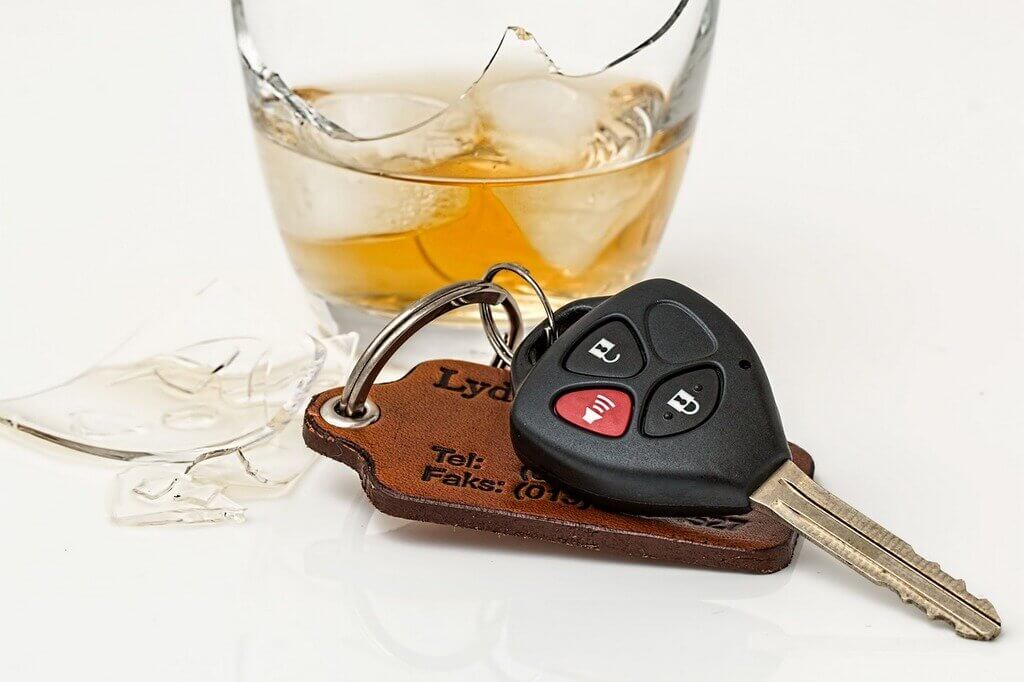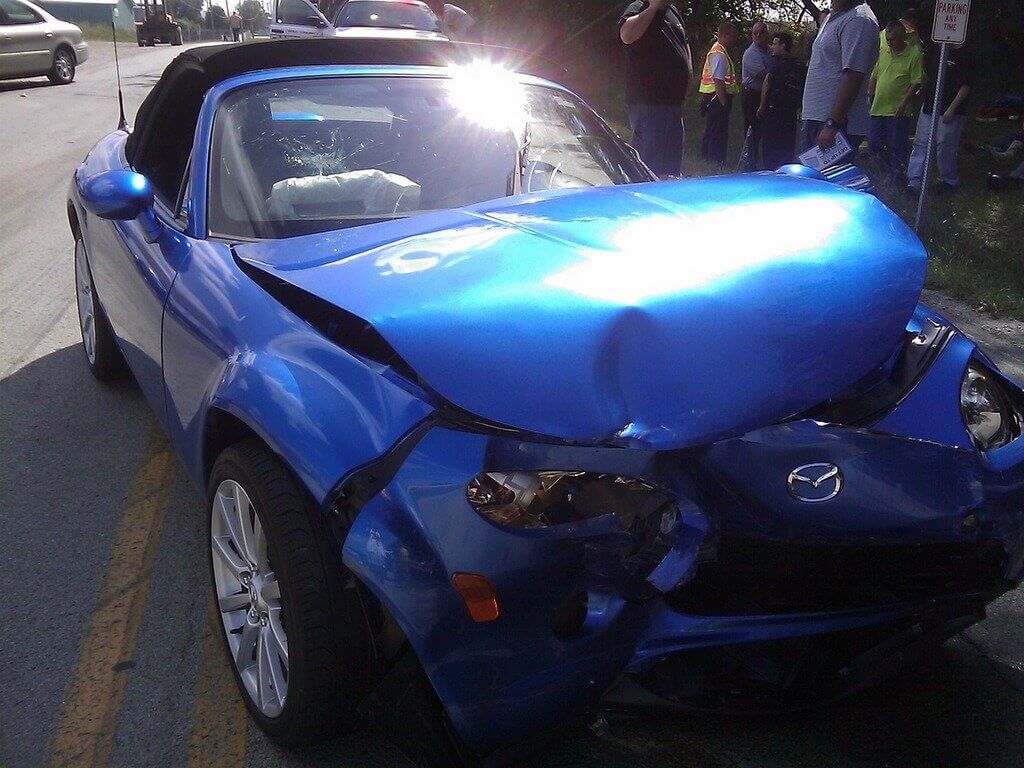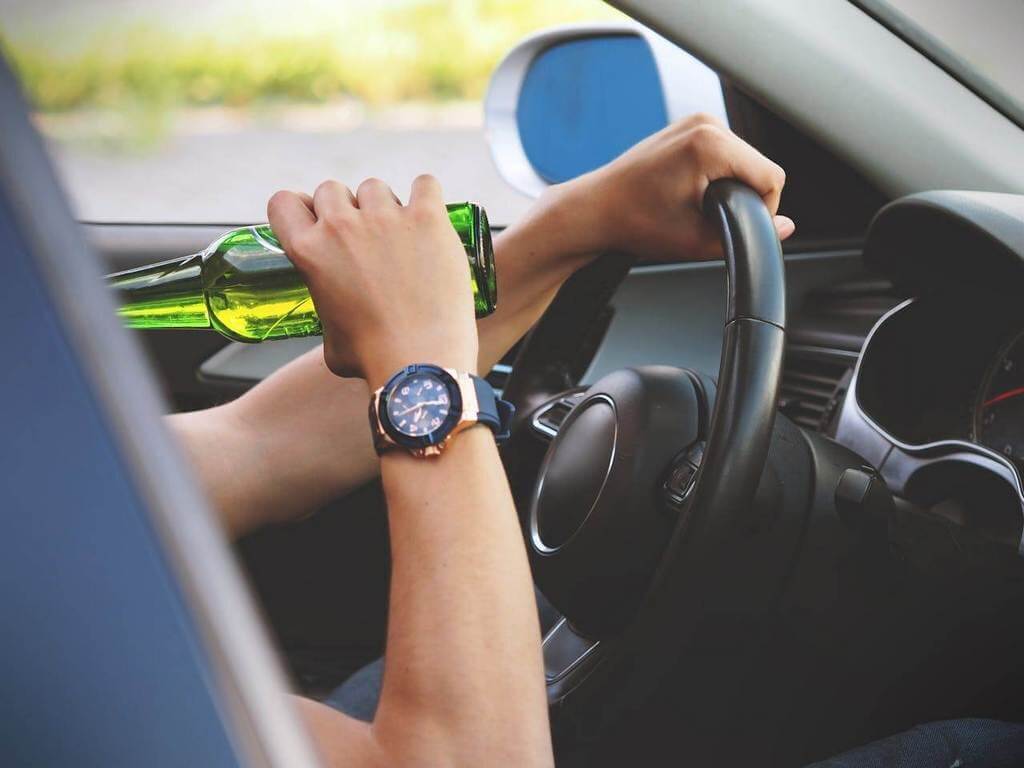
In the unfortunate event that you or a loved one becomes involved in a collision with a drunk driver, the aftermath can often leave you grappling with not only physical injuries but also significant emotional and financial distress. The question of whether you can sue a drunk driver for damages is one that many find themselves asking. The straightforward answer is yes, you can pursue legal action against a drunk driver if you’ve been harmed due to their reckless behavior.
Table of Contents
- Understanding Your Right to Sue
- The Legal Framework for Suing a Drunk Driver
- Damages You Can Claim
- The Role of Insurance in Drunk Driving Accidents
- Why Legal Representation Matters
- Taking Action After a Drunk Driving Accident
- Conclusion
Understanding Your Right to Sue
Driving under the influence of alcohol is not just a violation of traffic laws; it’s a serious offense that endangers everyone on the road. If a driver chooses to operate a vehicle while impaired, they are knowingly putting others at risk, which constitutes negligence. Victims of such negligence have the right to seek compensation for their injuries, property damage, and any other losses incurred as a result of the accident.
The Legal Framework for Suing a Drunk Driver
When initiating a lawsuit against a drunk driver, the case typically falls under the category of a personal injury claim. The foundation of your claim will be to prove that the driver’s intoxication was the direct cause of the accident and your subsequent injuries. Evidence such as police reports, breathalyzer or blood alcohol content (BAC) tests, and witness statements can be pivotal in establishing the driver’s impairment and liability.

Damages You Can Claim
The scope of damages you may be entitled to recover includes but is not limited to medical expenses, lost wages, pain and suffering, and repair or replacement costs for any damaged property. In cases where the driver’s conduct is found to be especially egregious, punitive damages may also be awarded as a means to punish the offender and deter similar behavior in the future.
The Role of Insurance in Drunk Driving Accidents
While pursuing a claim against the drunk driver, it’s likely that you’ll initially deal with the driver’s insurance company. However, it’s important to note that insurance policies often have clauses that limit coverage in situations involving illegal activities, such as drunk driving. This does not mean you’re without options; it simply underscores the importance of legal guidance in navigating the complexities of insurance claims and potential litigation.
Why Legal Representation Matters
Securing the services of a knowledgeable personal injury attorney can significantly impact the outcome of your case. An attorney with experience in drunk driving cases can offer invaluable assistance in gathering evidence, negotiating with insurance companies, and, if necessary, representing your interests in court. They can also advise you on the statute of limitations in your state, which dictates the timeframe within which you must file your lawsuit.

Taking Action After a Drunk Driving Accident
In the aftermath of an accident involving a drunk driver, the actions you take can significantly influence both your physical recovery and the strength of any legal claims you may pursue. Immediate and thoughtful steps are essential to safeguard your well-being and to lay a solid foundation for any potential compensation claims for damages incurred. Here’s a deeper dive into the critical actions to take following such a distressing event:
Prioritize Your Health
Your health should be your top priority following an accident. Even if you feel unscathed, some injuries, particularly internal ones or concussions, may not present symptoms immediately. By seeking medical evaluation right away, you ensure that any hidden injuries are diagnosed and treated promptly. Moreover, a medical record immediately following the accident can be a pivotal piece of evidence in demonstrating the direct impact of the collision on your health.

Reporting the Incident
Contacting law enforcement to report the accident is a critical next step. A police report serves as an unbiased account of the incident, documenting key details such as the time, location, and conditions under which the accident occurred. Importantly, it also includes the officer’s observations of the drunk driver’s condition, which can be instrumental in establishing their liability. Ensure that you obtain a copy of this report, as it will be invaluable in any legal proceedings.
Comprehensive Documentation
Documenting every aspect of the accident and its aftermath plays a crucial role in building a strong case. This includes taking photographs of the accident scene, your vehicle, the other vehicle, and any visible injuries you have sustained. Additionally, keep a detailed record of all medical treatments, receipts, and correspondence with healthcare providers.
Equally important is documenting your interactions with insurance companies. Keep records of all conversations, including the date, time, and a summary of the discussion, as well as copies of all written communications. This meticulous documentation will serve as evidence of your injuries and the financial impact the accident has had on you, reinforcing your claim for compensation.
Engage with Insurance with Caution
While you will need to report the accident to your insurance company, it’s important to navigate these communications with caution. Provide the facts of the incident without speculating about fault or injuries. Remember, insurance adjusters are trained to minimize the company’s payout, and anything you say can be used to undermine your claim. Consider consulting with a personal injury attorney before giving detailed statements, especially if you have sustained significant injuries or if there is substantial damage to your property.
Legal Consultation
Consulting with a personal injury attorney experienced in drunk driving cases can offer clarity and direction in the often-complex aftermath of an accident. A skilled attorney can evaluate your case, guide you through the legal process, negotiate with insurance companies on your behalf, and represent you in court if necessary. Their expertise not only alleviates the burden of navigating the legal system on your own but also maximizes your chances of receiving the full compensation you deserve.

Conclusion
The trauma of being hit by a drunk driver can be overwhelming, but taking decisive action in the immediate aftermath can significantly affect your physical recovery and financial compensation. By prioritizing your health, reporting the accident, documenting every detail, proceeding cautiously with insurance companies, and seeking legal counsel, you position yourself for the best possible outcome. Remember, you don’t have to navigate this challenging time alone; professional guidance is available to help you through every step of the process.
